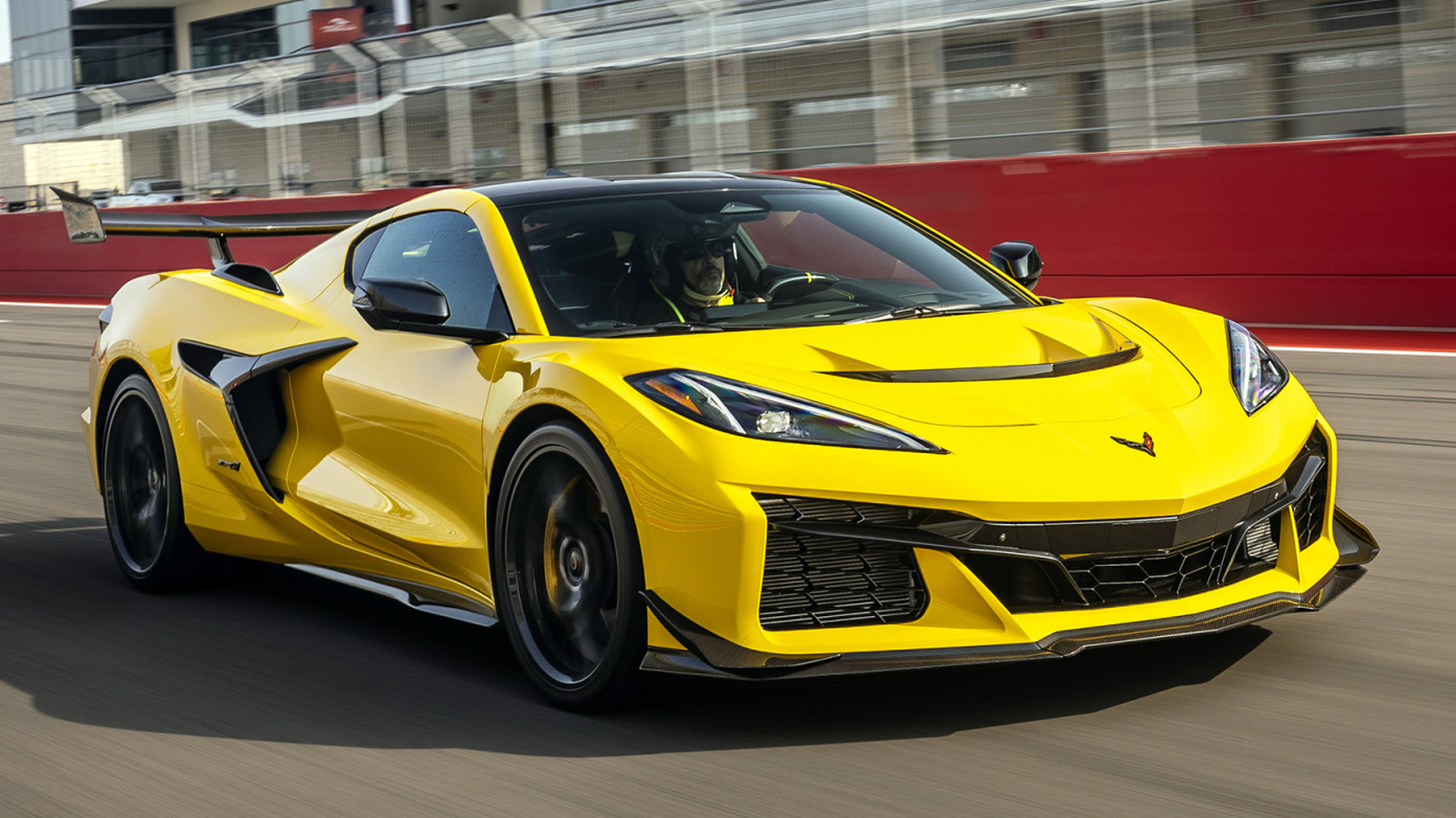Europe's Top Players Reunite for 2025 Ryder Cup

Introduction
The 2025 Ryder Cup is shaping up to be an exciting event, with European captain Luke Donald making some bold choices for his opening pairings. With the tournament being held at the challenging Bethpage Black course, a strong start will be crucial for the visiting team. To kick off the competition, Donald has decided to reunite two of Europe's top players - Rory McIlroy and Tommy Fleetwood.
Key Details
Both McIlroy and Fleetwood have had successful individual seasons, but have also proved to be a formidable duo in previous Ryder Cup matches. In 2018, they won all four of their matches together, helping Europe secure a victory over the United States. Donald's decision to start the tournament with such a powerhouse pairing shows his confidence in their abilities and the importance of a strong opening performance at Bethpage.
Impact
This pairing also sets the tone for the rest of the European team, as they will be looking to feed off the energy and success of McIlroy and Fleetwood. It also puts pressure on the American team, who will need to come out strong in order to keep up with the Europeans. With Donald's strategic choices and the reunion of this dynamic duo, the 2025 Ryder Cup is sure to be a thrilling competition.
About the People Mentioned
Rory McIlroy
Rory McIlroy, born on May 4, 1989, in Holywood, Northern Ireland, is a prominent professional golfer known for his exceptional skill and significant impact on the sport. Turning professional at the age of 18 in 2007, McIlroy quickly rose through the ranks, establishing himself as one of golf’s leading figures by his mid-20s. He has won five major championships: the U.S. Open in 2011, the PGA Championship twice in 2012 and 2014, the British Open in 2014, and most recently the Masters Tournament in 2025. His 2025 Masters victory was particularly notable as it made him the sixth male golfer in history to complete a career Grand Slam, winning all four major championships during his career[1]. Renowned for his long driving distance and strong putting skills, McIlroy reached the number one position in the Official World Golf Rankings at a young age, becoming the youngest player since Tiger Woods to do so in 2012. He also holds the record for the lowest 72-hole score in U.S. Open history, achieved during his dominant 2011 win[2]. Beyond majors, McIlroy has secured multiple tournament wins and accolades, including being crowned Race to Dubai champion six times and winning three FedEx Cups, affirming his consistent elite performance on both the European and PGA Tours[4]. Throughout his career, McIlroy has been praised not only for his athletic achievements but also for his sportsmanship and role as a mentor and inspiration for younger golfers. His contributions to charity and the golfing community have further solidified his standing as a respected figure in the sport. As of 2025, McIlroy remains a highly relevant and competitive player on the international golf stage, continuing to compete at the highest level[3][4].
About the Organizations Mentioned
European
### Comprehensive Summary of the European Union The European Union (EU) is a political and economic union of 27 member states that aims to promote peace, stability, and economic cooperation among its member countries. It was established in 1993 through the Maastricht Treaty, building upon the foundations laid by the European Coal and Steel Community (ECSC) in 1951. **History and Key Achievements:** - **Founding:** The EU evolved from earlier European communities, such as the ECSC, the European Economic Community (EEC), and the European Atomic Energy Community (EURATOM). - **Integration:** The EU has achieved significant economic integration through the creation of a single market and the adoption of the euro by 20 of its member states. - **Peace and Stability:** It has played a crucial role in maintaining peace and stability in Europe, particularly through its role in the European integration process after World War II. - **Global Influence:** The EU is a major player in global trade and development, with a strong focus on human rights, environmental protection, and social justice. **Current Status:** - **Challenges:** The EU faces multiple challenges, including rising global conflicts, economic divergences, political polarization, and climate change. - **Strategic Initiatives:** It is focusing on enhancing its competitiveness, strengthening its security and defense capacities, and promoting sustainable development through initiatives like the Green New Deal. - **Leadership:** Under the leadership of President Ursula von der Leyen, the EU is navigating complex geopolitical landscapes and emphasizing strategic partnerships to maintain its influence. **Notable Aspects:** - **Innovation and Technology:** The EU is investing heavily in digital transformation and innovation, aiming to become a leader in technologies like artificial intelligence and renewable energy. - **Global Partnerships:** It seeks to form flexible partnerships with other regions to address global challenges and promote multilateralism. - **Social and Political Cohesion:** The EU continues to work towards enhancing social
United States
The **United States** is a federal republic and a global superpower, playing a leading role in economics, military strength, technology, and governance. It is a nation of approximately 348 million people as of 2025, characterized by its diverse population and dynamic economy[8][6]. Founded in 1776 following independence from British rule, the U.S. rapidly evolved into a major world power, especially after World War II, when its technological and economic investments solidified its global dominance[4]. Today, it remains the world’s preeminent military power, with 76% of Americans recognizing this status, while about half view it as the leading economic power globally, though China is seen as a rising competitor[2][3]. The U.S. government operates through a complex system that manages federal finances, taxation, social welfare programs, and trade policies. Recent legislative changes, such as the 2017 Tax Cuts and Jobs Act and the 2025 One Big Beautiful Bill Act, have shaped the tax landscape to influence economic growth, labor markets, and federal revenue[1]. Despite challenges like rising federal deficits projected to reach 6.9% of GDP by 2027, consumer spending remains resilient, and business investment is expected to grow steadily in 2025[5]. In governance, the U.S. is rated "Free" with a score of 84/100 by Freedom House, though concerns about democratic erosion and partisan conflicts persist[6]. Public trust and satisfaction with government services fluctuate, reflecting ongoing debates about policy effectiveness and institutional competence[7]. Technologically, the U.S. maintains a critical edge, underpinning its economic and geopolitical power. Experts warn, however, that technological dominance is not guaranteed indefinitely, emphasizing the need for adaptive policies and international cooperation to sustain leadership in innovation and global affairs[4]. Overall, the United States remains a pivotal force in global business, technology, and politics, balancing historic strengths with contemporary challenges in

















